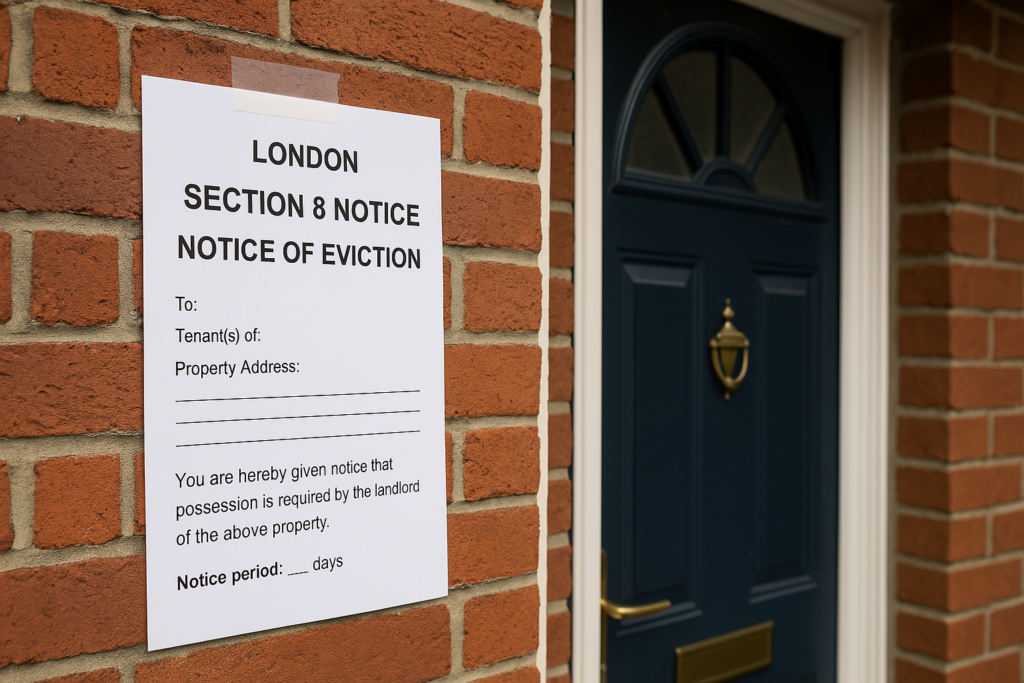Overview of Leasehold Reform for Flats
The UK government has unveiled landmark legislation set to abolish leasehold ownership for new flats across England and Wales.
This sweeping reform will mark a definitive shift toward commonhold as the standard tenure for flats, promising more autonomy, transparency, and fairness for homeowners. This article examines the implications, timelines, and key details of the leasehold abolition.
What Is Leasehold and Why Is It Being Abolished?
Leasehold is a form of property ownership where the buyer owns the flat for a fixed term but not the land it stands on.
Ground rent, restrictive covenants, high service charges, and limited control over shared space management have long been sources of conflict between leaseholders and freeholders.
These issues have led to widespread criticism, classing leasehold as a “feudal” system unfit for modern homeownership.
The Leasehold and Freehold Reform Bill, introduced in 2024, aims to:
Abolish leasehold for new flats
Ban new leasehold houses
Simplify the enfranchisement process
Cap ground rents on existing leases
Key Changes Under the New Legislation
1. New Flats to Be Sold as Commonhold
All new-build flats will be sold as commonhold properties, allowing flat owners to jointly own and manage the building. This eradicates the need for freeholders and managing agents, giving homeowners complete control over maintenance and service charges.
Benefits of Commonhold:
Equal ownership of shared spaces
Transparent service charge allocation
No ground rent or lease renewal costs
Permanent tenure with no expiry
2. Existing Leaseholders Gain Enhanced Rights
The bill introduces significant reforms to enfranchisement and lease extension rights, including:
Standard 990-year lease extensions (up from 90 years)
Zero ground rent on extended leases
Removal of the two-year ownership rule before applying to extend
Right to buy out freeholders collectively at fair market value
3. Ban on Leasehold Houses
Leasehold houses will be banned entirely, aligning with the government’s previous commitments.
Any newly built house must be sold as freehold unless exceptional circumstances apply (e.g., shared ownership schemes).
4. Simplified Right to Manage (RTM)
The bill enhances leaseholders’ ability to take over building management via a streamlined Right to Manage (RTM) process. The following changes are proposed:
Reduced notice periods
Fewer legal barriers
Easier voting and qualification thresholds
5. Ground Rent Cap for Existing Leases
A statutory cap on ground rents for existing leases is under review. While not yet finalized, proposals include:
Capping ground rents to a peppercorn rate (£0)
Mandatory transparency on historic ground rent increases
Rebate schemes for unfairly inflated ground rents
Transition to Commonhold: Implementation Timeline
The reform will be implemented in phases, ensuring developers, managing agents, and leaseholders can adapt. The expected rollout is as follows:
TimelineReform Milestone
Q2 2025 Royal Assent and commencement of legislation
Q3 2025 Ban on leasehold houses takes effect
Q1 2026 All new flats must be sold as commonhold
2026–2027 Enfranchisement and lease extension reforms commence
TBC Ground rent caps implemented via secondary legislation
Responsibilities Under Commonhold Ownership
Unlike leaseholds, commonhold requires flat owners to participate in building upkeep through a Commonhold Association.
Each unit owner becomes a member and co-owner of shared assets, with obligations that include:
Attending AGMs and voting on budgets
Paying service charges based on transparent calculations
Contributing to long-term maintenance planning
This model fosters collective decision-making and removes the conflict of interest often seen in leasehold management.
Who Benefits From the Abolition of Leaseholds?
Homebuyers
No ground rent
Full ownership rights
Ability to sell or remortgage freely
Existing Leaseholders
Access to longer, fairer lease extensions
More affordable enfranchisement
Greater control over service charges
Property Investors
Increased market confidence
More stable ownership structures
The better resale potential of commonhold units
Challenges Ahead: Developer and Lender Adaptation
While the reform is widely welcomed, challenges remain:
Developers must redesign sales and legal models to accommodate common
Mortgage lenders require assurance of commonhold viability
Education campaigns are needed to inform consumers and convey commonhold advantages
Responsibilities Under Commonhold Ownership
Unlike leaseholds, commonhold requires flat owners to participate in building upkeep through a Commonhold Association. Each unit owner becomes a member and co-owner of shared assets, with obligations that include:
Attending AGMs and voting on budgets
Paying service charges based on transparent calculations
Contributing to long-term maintenance planning
This model fosters collective decision-making and removes the conflict of interest often seen in leasehold management.
Who Benefits From the Abolition of Leaseholds?
Homebuyers
No ground rent
Full ownership rights
Ability to sell or remortgage freely
Existing Leaseholders
Access to longer, fairer lease extensions
More affordable enfranchisement
Greater control over service charges
Property Investors
Increased market confidence
More stable ownership structures
The better resale potential of commonhold units
Challenges Ahead: Developer and Lender Adaptation
While the reform is widely welcomed, challenges remain:
Developers must redesign sales and legal models to accommodate common
Mortgage lenders require assurance of commonhold viability
Education campaigns are needed to inform consumers and convey commonhold advantages
Final Thoughts
This reform represents the most radical overhaul of property law in a generation. The abolition of leasehold for flats—and the elevation of commonhold—signals a decisive move toward a more just, modern housing market.
We encourage leaseholders, developers, and legal professionals to prepare for the coming changes, ensuring a smooth transition and long-term benefits for all stakeholders.
Read our other Blogs:
Planning and Infrastructure Bill: UK Property Sector
Universal Credit Changes in April 2025: Landlords and Tenants





